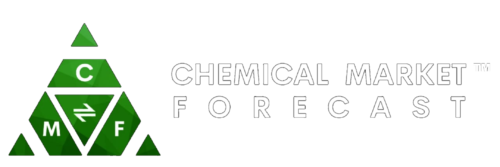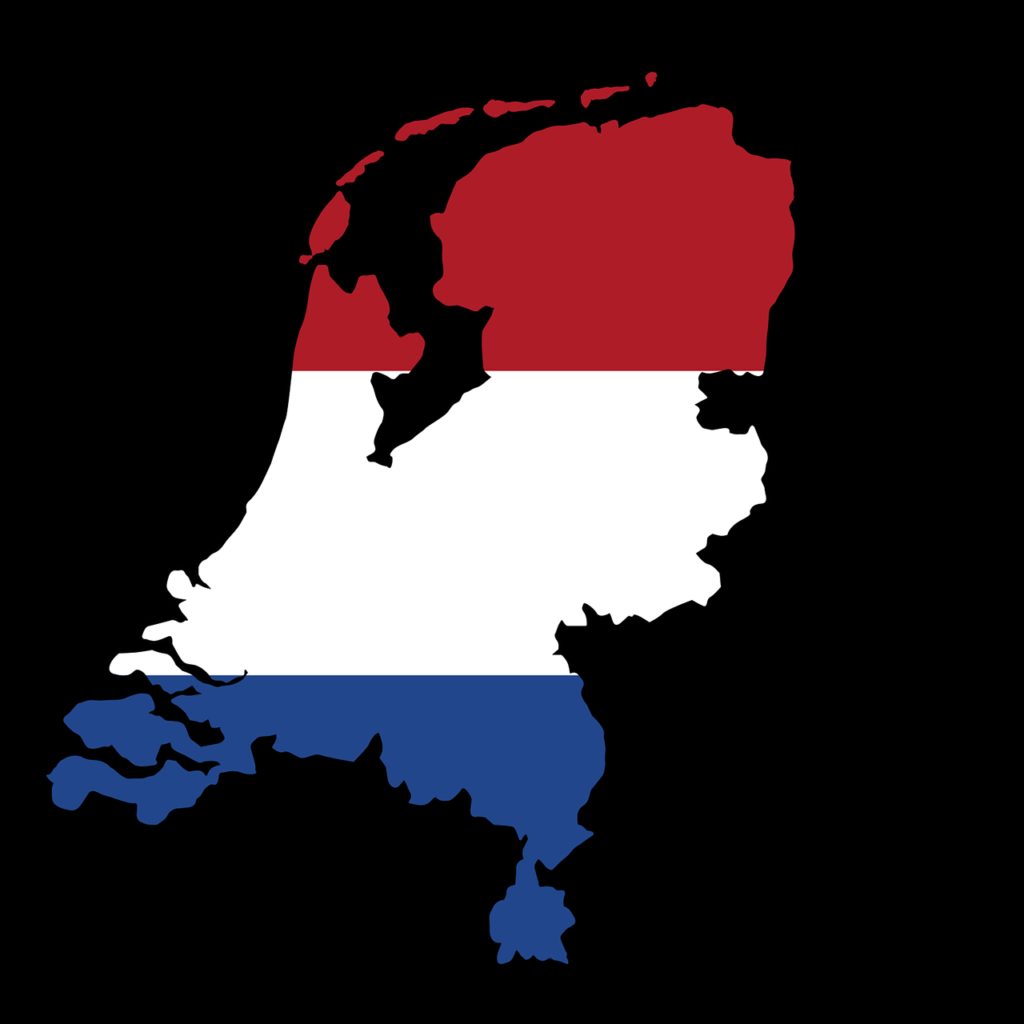The Netherland’s chemical industry has contributed immensely to world chemical production in the past decade. Europe is the region with the largest chemical producer in the world. The Dutch market plays a key role in the development of the continent’s chemical industry. Netherlands has the fourth-largest chemical industry within the EU. Chemistry is one of the top nine sectors designated by the government. The chemical sector manufactures both intermediate products and consumer products, thus catering to the overall demand in the supply chain. The product output for the Global Chemical Industry has several applications across the value chain of this market.
According to CEFIC, Netherlands had total sales of USD 62.15 billion in the year 2017. The chemical industry in this country comprises 470 companies. These companies offer direct employment to nearly 57,000 people. As a result, the chemical industry is the country’s second-largest manufacturing segment. The Netherlands is among the world’s top players in the commodity chemicals market. Some of the other prominent segments include coatings, food ingredients, biotechnology, high-performance materials, etc. The chemical sector accounts for more than 15% of the country’s exports.
Advantages for the chemical sector
The chemical companies in the Netherlands are well connected with the European market due to their geographic placement. Netherlands is hereafter a prime location in the EU. These logistical and transportation services have access to 170 million customers in a 500 km radius. Chemical clusters have always been the backbone of the Dutch chemical market. The region has five chemical clusters: Rotterdam-Moerdijk, Noord-zeekanaalgebied, Noord-Nederland, Chemelot, and Zeeland/West-Brabant.
The Rotterdam region mainly focuses on the production of commodity chemicals and petrochemicals. Chemelot region is the center for life science chemicals. Eastern Netherlands consists of nearly 160 chemical companies working in the energy, chemicals, recycling, and metals sector. The Rotterdam harbor is well equipped with pipelines. This enables connections with the nearby chemical production centers in neighboring countries like Germany, Belgium, and Northern France. Important raw materials can be procured easily in the country due to this network. The Netherlands, as a result, serves as the chemical hub in Northwest Europe.
Netherlands is also in the center of the greater Antwerp-Rotterdam-Rhein-Ruhr Area (ARRRA). This is a collaboration between the chemical industry with Antwerp and the Rhine-Ruhr area. Rotterdam, Chemelot, and Zeeland are an important part of this chemical cluster. The ARRRA is one of the top 5 chemical clusters in the world. It accounts for nearly 30-40% of the chemical sector’s turnover in Europe. Netherland’s ideal location supports the chemical industry’s value chain. Some of the key industrial end-use segments include the construction, agriculture, automotive, and consumer products sectors. These chemical clusters provide nearly 40% of the European Union’s petrochemical production.
The Netherlands has a strong backing in terms of technical innovation in the chemical industry. Prominent chemical companies including DOW, Royal Shell, Avantium, SABIC, DSM, etc have a strong presence in the Netherlands. The well-connected trade based network serves as one of the key drivers for this market.
The Dutch industry has a strong foothold in the global commodity chemicals market. The export of the commodity chemicals accounts for 17% of the country’s total exports. This, however, results in major greenhouse gas emissions. The country has published a roadmap to 2050. The paper focuses on reducing the carbon footprint by the year 2050.
Leading companies in the country
LyondellBasell is one of the largest chemicals, plastics, and refining companies in the world. LyondellBasell manufactures materials and products that serve as solutions to modern-day to day challenges. Protecting the purity of water supplies through stronger and more versatile pipes is one of the key challenges. Additionally, the enhancement of food safety through lightweight and flexible packaging is another demand associated with the market. This is primarily due to the rise in usage of food delivery applications and change in consumer lifestyle. Modern electronics play an important role with respect to daily activities. The company also tries to ensure adept safety in regards to electronics and appliances, thus increasing the product life. The automotive sector is also one of the key verticals that contribute to the value chain of LyondellBasell. The company is focused on improving the safety, comfort, and fuel efficiency of automobiles.
The company exports its products to more than 100 countries and is the world’s largest licensor of polyolefin technologies. LyondellBasell is the world leader in the production of commodity chemicals. The company manufactures several basic chemicals including propylene, ethylene oxide, ethylene, methanol, etc. These chemicals find applications in cosmetics, furniture, adhesives, fuels, and the automotive sector. Royal Dutch Shell is a prominent chemical company in the Netherlands. Its area of expertise covers production, refining, exploration, manufacturing, and marketing of chemicals. The operations of this company are divided into various businesses, i.e. upstream, downstream, integrated gas, and new energies. Royal Dutch Shell markets and transports oil and gas along with operating the necessary infrastructure to deliver them to the market. AkzoNobel is an important Dutch multinational company. It mainly manufactures paints and performance coatings. The company has its activities in more than 80 countries and employs nearly 46,000 people.
The chemical sector of the Netherlands has played a key role in innovation and continues to invest a large amount of its revenue in research and development. Around USD 847.5 million is invested in research and development every year. Netherlands is home to some key research and development labs, including SABIC, AkzoNobel, Corbion, Shell, DSM, etc. The country also had a vibrant ecosystem of innovative chemical start-ups and small as well as medium-sized enterprises. The Dutch R&D continuously works towards finding collaboration between the companies, research institutes, and the government. They are focused on finding new solutions for the chemical industry in smart manufacturing and digitalization.

